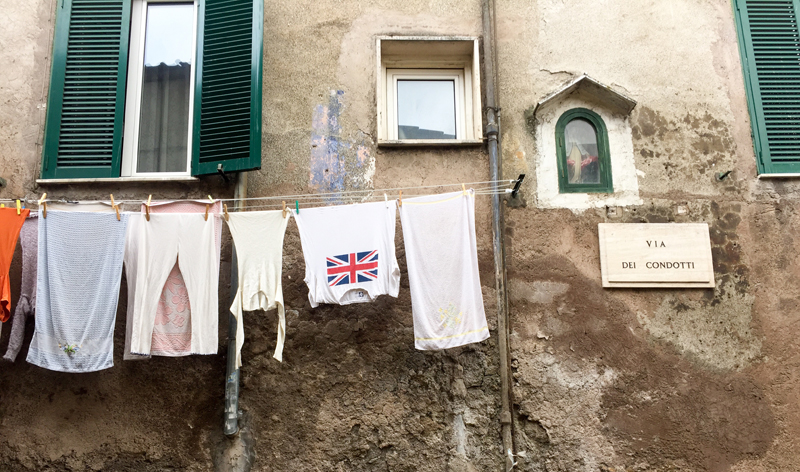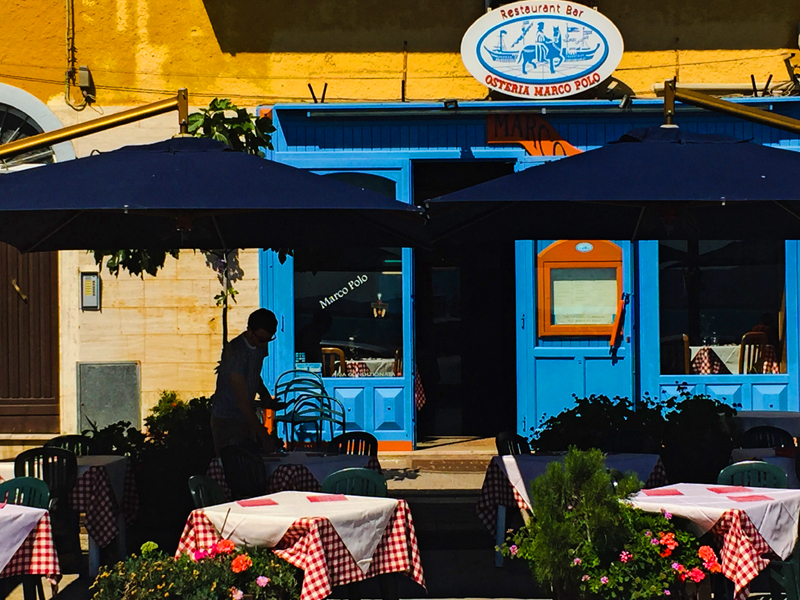
Most people have fantasies about quitting their boring desk jobs, buying a one-way ticket, and moving abroad. Yes, mingling with locals, learning a new language and being immersed in an exotic new culture may seem like a charming life, but not everyone is cut out to be an expat. If you are considering moving abroad to live in Rome, or any other foreign city, read these insights about moving abroad before buying that one-way flight.
Visa Headaches
Wouldn’t it be nice to be able to waltz into any country you pleased as long as you showed enough enthusiasm for their culture and language? When most people toy with the idea of moving abroad, they don’t initially consider how they are going to legally stay, work, or retire in the new country. Let’s be honest – research, paperwork and consulate visits are boring and time consuming; but extremely necessary.
While online forums and blog posts (like this one) are great for gathering initial information, it’s always best to check the country’s official immigration website. Unfortunately, some countries don’t update their websites with current visa requirements, provide vague information, or rules constantly change. If that’s the case for the country you’ve fallen in love with, it’s best to head to the consulate or embassy, or even hire an immigration lawyer to help you wade through all the red tape and paperwork that comes with trying to get a visa in Italy or many other countries.
Culture Shock Might Not Be Temporary

It’s no secret that everyone experiences some form of culture shock after settling in a foreign country. For example, many foreigners in Italy struggle with how Italians approach time. Schedules are not as rigid and punctuality is not as important in Italy as it is in other countries, especially in the southern part of Italy.
So while you can do a lot of research on your new country’s culture to be prepared before the big move: what no one tells you is you never get fully used to some of the cultural differences. Someone can be living abroad for years and still be bothered if a stranger stands too close and invades personal space, even though the concept of personal space depends greatly on social norms.
Overall, culture shock should wear off after living in your new country for a few months. If you find there are still cultural differences that irk you, don’t ignore them. Recognize they are part of your new life and try to focus on the positive cultural differences. Perhaps people in your new country are generally friendlier or work-life balance is more achievable in your new country compared to your home country. Focus on the good instead of what you perceive as strange.
Semi-Immersion
It’s assumed that because you live in a new country, you will be completely immersed in that country’s culture and make tons of local friends. That’s the ideal situation, but often times foreigners are only semi-immersed in the new country. Expats who exclusively socialize with other expats, only speak their native language or only eat familiar foods aren’t allowing themselves to become fully immersed. A perfect example is a foreigner who has lived in a country for years, but still doesn’t speak the local language.

No one warns you how easy it is to slip into the expat bubble, especially if you don’t speak the local language. When you’re faced with dealing with a new culture, language, neighborhood, and perhaps job, it’s comforting to be around people who understand you. It’s a relief to not have to translate in your head or worry about making social faux pas. But with that comfort comes running the risk of isolating yourself from locals and if that’s the case, then what’s the point of moving abroad in the first place?
Social Media: Your Best Friend and Worst Enemy
 Social media is a great way to stay connected with your family and friends back home once you moved abroad. It’s also the perfect tool to let your ex know how much fun you’re having your new country – obviously not thinking of him or her at all. But social media can be a double-edged sword because even if you have spent an amazing day visiting places you have only read about in guide books and tasting yummy traditional cuisine, you still might be wondering what you’re missing at home. And thanks to social media, you know exactly what you are missing at home. Cocktail night with friends? Playing pick-up football games in the park? It’s hard to see the life you left behind continue without you, even if you are leading an exciting new life.
Social media is a great way to stay connected with your family and friends back home once you moved abroad. It’s also the perfect tool to let your ex know how much fun you’re having your new country – obviously not thinking of him or her at all. But social media can be a double-edged sword because even if you have spent an amazing day visiting places you have only read about in guide books and tasting yummy traditional cuisine, you still might be wondering what you’re missing at home. And thanks to social media, you know exactly what you are missing at home. Cocktail night with friends? Playing pick-up football games in the park? It’s hard to see the life you left behind continue without you, even if you are leading an exciting new life.

Here’s a pro tip: Carve out some time to connect with specific family members and friends at home through the phone or video chat, but stop mindlessly scrolling through social media feeds and get out there and explore your new city. After all, you put in the time, effort and money to live abroad, so enjoy it to the fullest!








